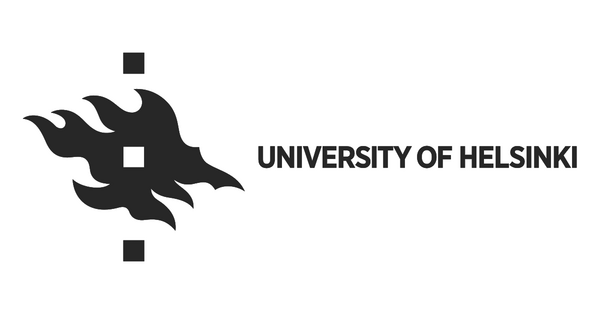University of Helsinki: In 2020, the international trainees had to hold their meetings fully online
The University of Helsinki traineeship programme introduces international students to Finnish work life and makes the University administration more international. The pandemic year 2020 saw the eleven trainees working remotely.
In May 2020, both Leonardo Chinchilla and Anna Bogdan were looking for a position that would enable them to get a foot in the door in the Finnish labour market and broaden their perspectives with regard to their professional future.
Costa Rican Chincilla is an international Master’s degree student and worked from September to December as a trainee for the International Exchange Services at the University of Helsinki. Bogdan from the United States, also an international Master’s degree student, worked for the University Career Services.
“As someone with an international background, it is really important to get exposure to professional work experience. In my case both networking and getting acquainted with Finnish working culture played a role in applying for the traineeship initially,” Chinchilla says.
For Bogdan the motivation to apply to the traineeship programme for international Masters students was similar. While Chinchilla took part in the day-to-day tasks of the International Exchange Services of assisting incoming and outgoing students with the administrative tasks of their student exchanges, Bogdan worked on the University’s new International Mentoring project HITP. It brings international students at the University of Helsinki together with Finnish companies and organisations.
“Through being part of this completely new project I gained experience in project management and had the ability to meet many of the University’s external partners. The whole project also triggered a broader interest in initiatives regarding internationalization,” Bogdan says.
More connected to the University
The traineeship programme for international Masters students was instated in 2018. One of the objectives is to introduce international students to Finnish work life and culture. In addition, the programme aims to help the integration of non-Finnish speaking employees at the University as a response to a disconnect between the percentage of non-Finnish speaking academic staff and their poor representation in the administration.
In three years, a total of 29 students have completed the paid four-month traineeship. Trainers work part-time so that they have time to work on their Master’s thesis, too. Career counselling is included.
Both Bogdan and Chinchilla are pleased with their traineeship.
“I have definitely felt more connected to the University than when I was just a student,” says Bogdan.
“I learned more about Finnish working culture. What I especially appreciated is the trust that my supervisor put into me, which was really empowering. The team takes you seriously and you are not just a trainee but get treated as a productive member of the team,” Chinchilla notes.
Remote working can be a challenge but also teach new skills
Due to the global pandemic, the traineeship has looked very different than last year. What was done in person had to be conducted completely over Teams, often making informal interaction difficult.
“It would have been nice to be in the office to have better interaction with the other team members. Working remotely can definitely make collaboration more difficult. However, I also learned new skills due to the situation, so having the traineeship remotely wasn’t necessarily a bad thing, just different,” Bogdan says.
The absence of face-to-face communication has been hard for the traineeship coordinator Tiina Kosunen, too.
“I have missed meeting the trainees in person. It has become much more important this year to be able to self-govern and organise because a supervisor cannot look over your shoulder all the time,” Kosunen says.
Working remotely it also becomes a challenge to keep up on how the trainees are getting on.
“In the end, however, there is also a huge amount of camaraderie, as everyone is in this special situation together for the first time. We all struggle with the boredom and loneliness of working from home.”
Internationalisation is an opportunity for Finland
Kosunen, Chinchilla, and Bogdan all concur that language is still the biggest barrier to the integration of international students and employees at the University. Programmes such as the traineeship and the new HITP programme are a good start to aid integration.
According to Kosunen, the feedback from the University administration teams hosting the trainees has been amazing.
“I have not heard any negative feedback, except that the traineeship was too short!”
Kosunen notes that international employees bring their experiences, educational backgrounds, and vast networks to workplaces. These are aspects that can drive the workplace forward.
Chinchilla agrees that international employees can offer different perspectives.
“I recommend getting to know exactly who you are and how your strength and cultural background can contribute to the position you are applying to. Be proud of where you come from because it is your strength!”
The application period for the traineeship programme for international master students is in the spring.

